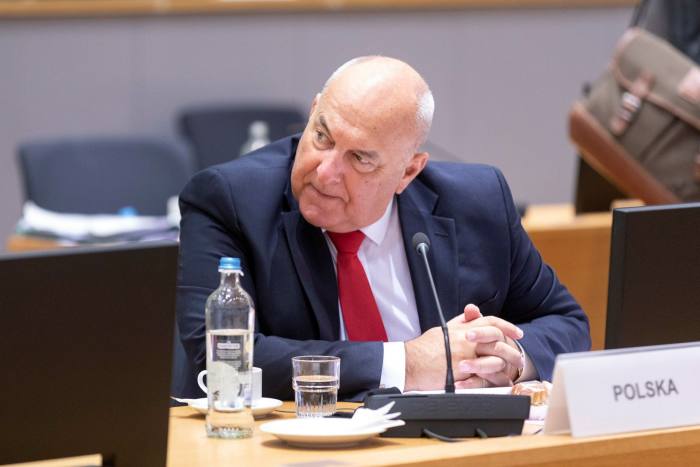Barbara Kaczor took the disruption caused by the Covid-19 pandemic in her stride. But the 41-year-old from Czestochowa in southern Poland has found handling this year’s rapid surge in prices more of a struggle.
“When you go shopping you spend so much money you don’t know what you have spent it on. I understand that prices change, but what is happening now is just crazy,” she said, reeling off the increases in the cost of everything from butter and tomatoes to gas. “Believe it or not, last year with the start of Covid was much easier.”
Kaczor is among millions of Poles feeling the pinch. Annual inflation hit 7.8 per cent last month, the highest level for two decades, and the fourth highest in the EU. With energy tariffs due to rise more than 20 per cent and gas prices by more than 50 per cent next year, consumers expect more pain and the topic has raced up the political agenda.
Much of the developed world is grappling with a similar pattern. But for Poland’s ruling Law and Justice party (PiS), rampant inflation is a particularly tricky problem. The conservative-nationalist government has come under fire at home and abroad over democratic backsliding. But despite these fights, it has remained the most popular party thanks to a large extent to its success in improving the lot of less well-off Poles.
“PiS has won over voters with a very simple promise: you will be better off; your wealth will go up. High inflation makes it much harder to deliver on that…



























































